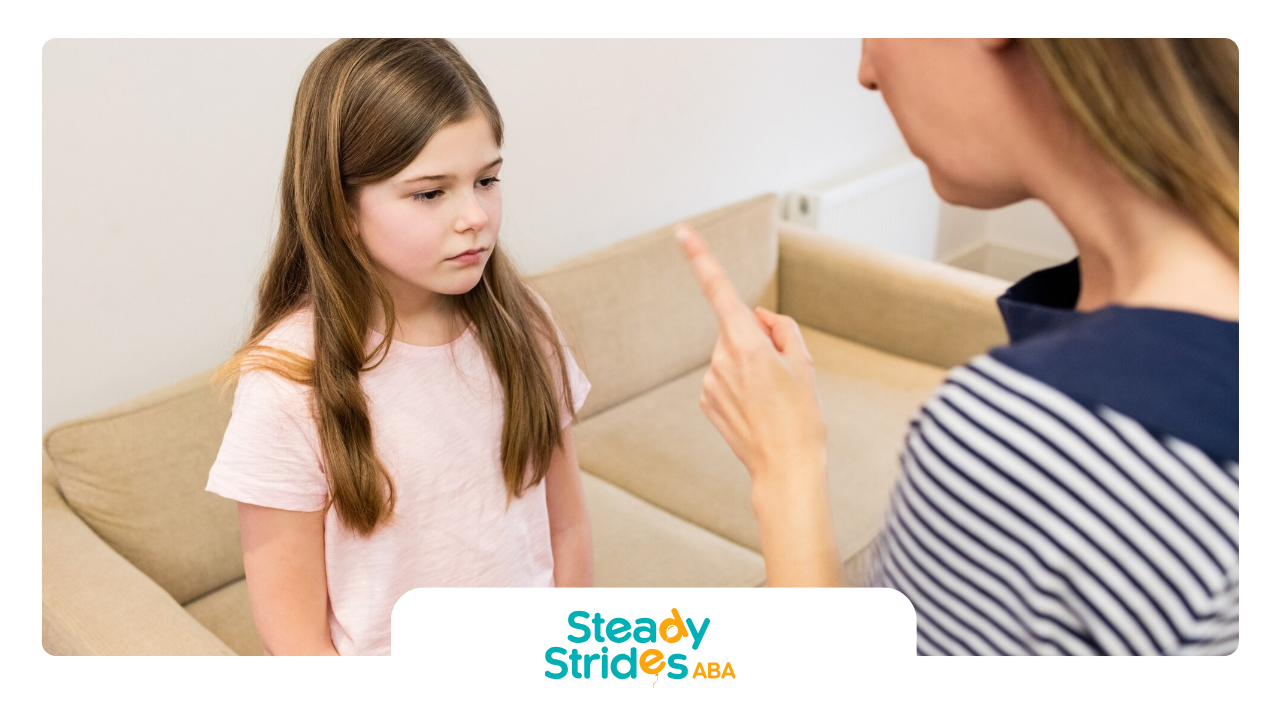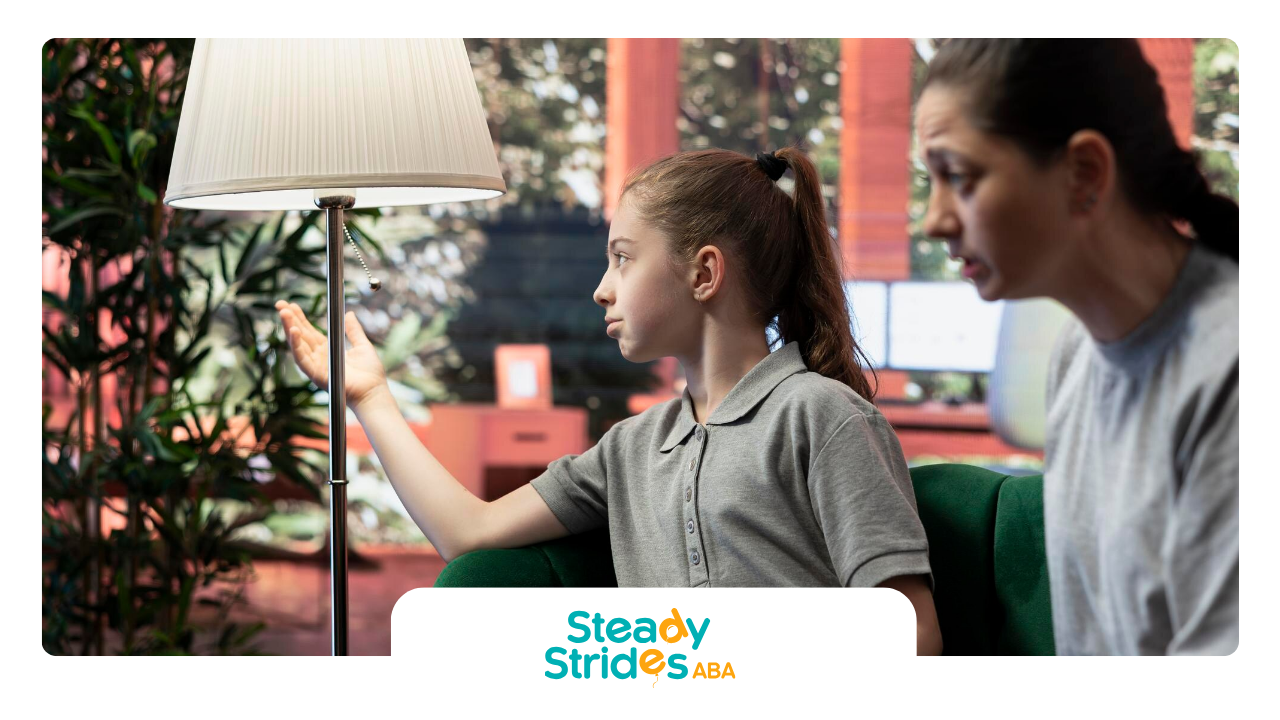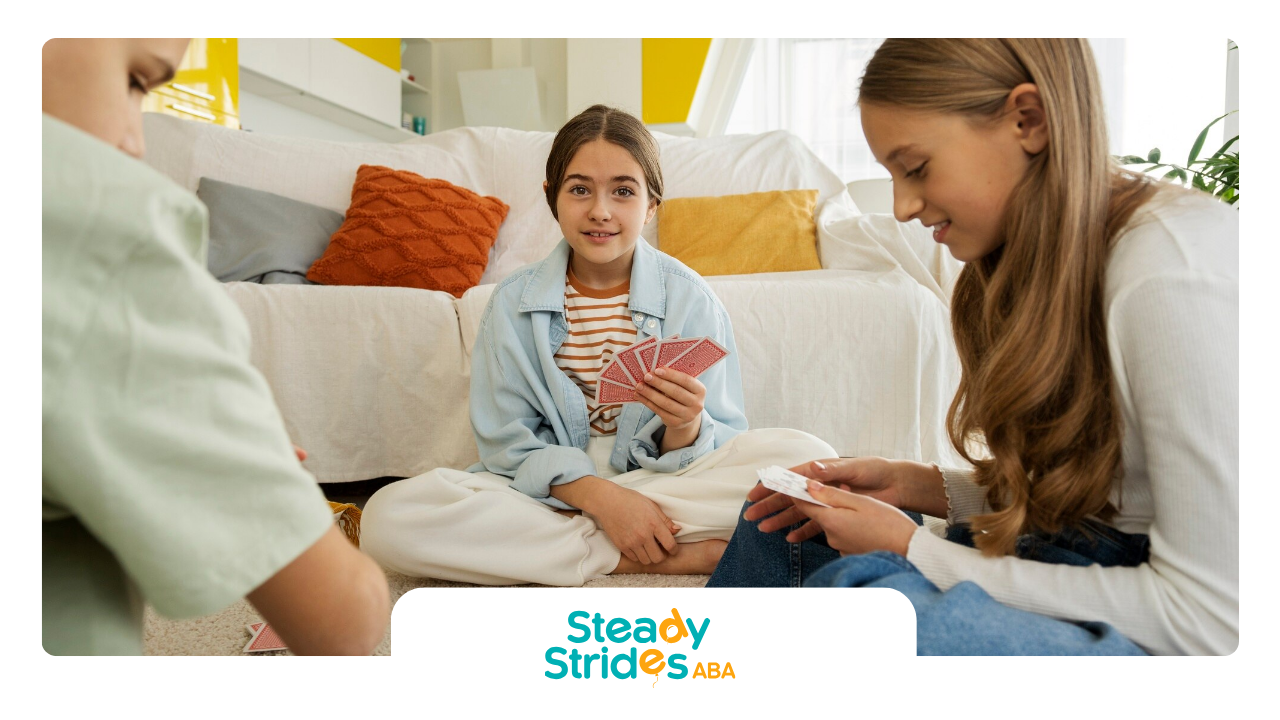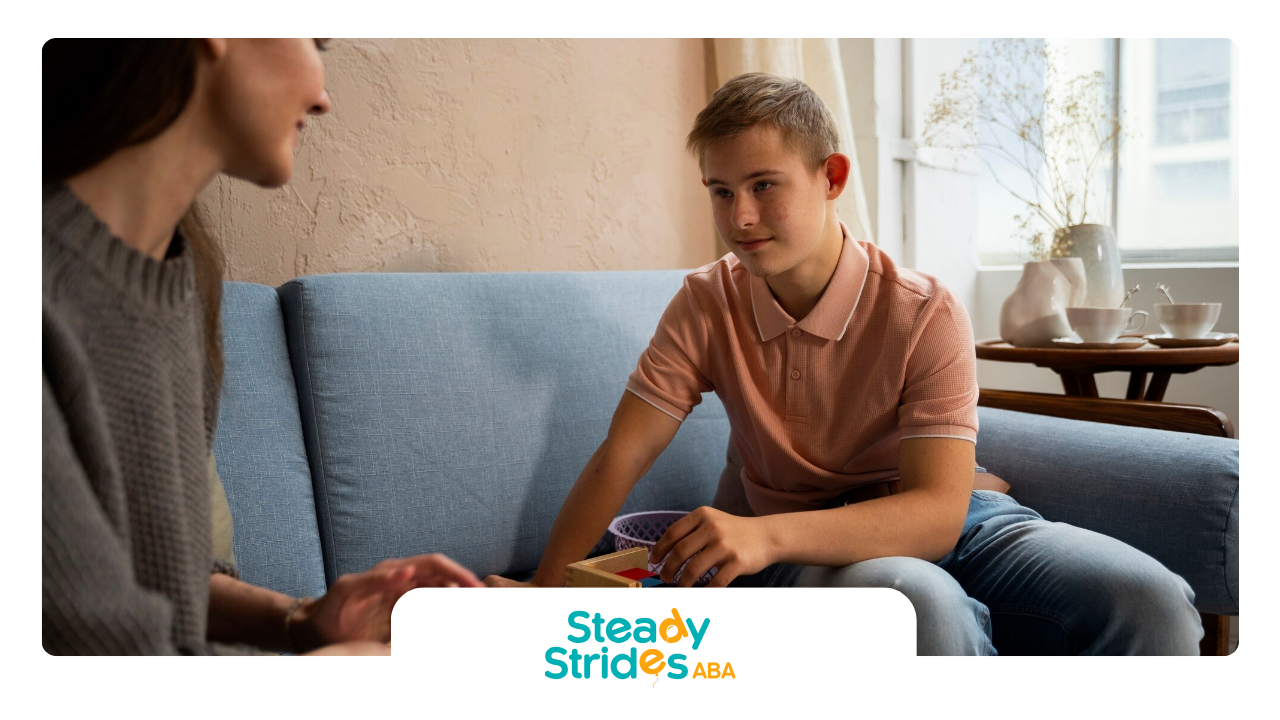Therapeutic Games for Autistic Adults
Therapeutic games can do wonders for autistic adults, offering both fun and functional ways to boost well-being and sharpen social skills. Let's break down the perks of diving into some mind and body-boosting therapies: nutritional and biological therapies, plus some eye-popping vision therapy boosts.
Nutritional and Biological Therapies
Sprinkling a bit of nutrition magic with some biological therapies has shown promise for autistic folks. Call them biomedical superpowers if you like, 'cause they've been linked to better health and smoother behavior. Many parents have witnessed some impressive changes, like CBD oil or tweaking diets cutting down on meltdowns and lending a hand to daily life.
Got your curiosity piqued? Check out some potential perks:
| Type of Therapy | Potential Benefits |
|---|---|
| Nutritional Changes | Less pesky symptoms, a healthier you |
| CBD Oil | Calmer vibes, less stress showing |
| Other Biological Magic | Just an overall better day-to-day experience |
These approaches won't be everyone's cup of tea, but they're definitely worth a look for those on the autism spectrum searching for therapeutic games or interventions.
Vision Therapy Improvements
Put on your vision goggles, 'cause vision therapy is another avenue with promising results for autistic people. Families have spotted some noticeable steps forward for those trying out eye therapy techniques, enhancing everyday adventures. From a sharper gaze to spatial upgrades, this therapy can really enhance one’s day-to-day life performance.
Here's a rundown on how vision therapy might brighten your day:
| Aspect of Vision Therapy | Benefits |
|---|---|
| Eye Coordination | Better focus and swift eye movements |
| Visual Perception | Spot-on spatial awareness and depth checks |
| Overall Well-being | Makes life just a bit sweeter |
Throwing therapeutic games into the mix can be like the cherry on top, especially those high-tech ons with sensory punch. They can level up cognition and social skills in fun ways.
Investigating therapeutic games can be a golden ticket to finding what clicks for autistic adults. If you're looking for specific game options, why not peek at board games for autistic adults, video games for autistic adults, and sensory-friendly games for autistic adults?
Educational Games for Cognitive Growth
Educational games unlock doors to both brainpower and social skills for autistic adults. Playing games like Minecraft and Cities: Skylines isn't just about fun; they're a practice ground for thinking on your feet and mapping out decisions. Plus, crafting games themselves helps whip up engaging learning adventures.
Minecraft and Cities: Skylines
Both Minecraft and Cities: Skylines are big hits for autistic adults because their worlds feel real and imaginative. These games make players put on their thinking caps and work out plans.
- Minecraft lets folks craft their own worlds, join forces with friends, and push their imagination further than ever. It’s a sandbox where planning meets creativity, and players face real mind-bending puzzles.
- Cities: Skylines is more of a structured ride, where you’re calling the shots on city planning. This one’s about smart decisions, managing what you’ve got, and ensuring everybody’s happy in your virtual town.
Research gives these games a nod for boosting people's ability to share, focus, and chat with others. The fun bits in these games offer a brain workout while making learning an enjoyable ride.
| Game | Main Benefits | Skills Developed |
|---|---|---|
| Minecraft | Let the imagination run wild, world-building | Cracking problems, making plans |
| Cities: Skylines | Mastering resources, building the perfect city | Smart thinking, getting stuff done |
Game-Making Techniques
Throwing game-making into the mix lights up learning for autistic adults. It's a wildfire of imagination and skill-building.
- Interactive Learning: Designing games isn't just about fun; it sharpens critical thinking and problem-solving muscles. Also, when folks create their own games, they tend to get more involved and excited.
- Social Interaction: Making games often means teaming up. This boosts teamwork and chat skills as participants share ideas and solve problems together.
Bringing game-making into learning sets the stage for creativity and digging deep into challenges. When you mix in a dash of fun, it all adds up to better brainpower for autistic adults.
Getting Minecraft, Cities: Skylines, and game-making into the education puzzle shows promise for helping autistic adults soar in their brain and social skills. These games don’t just help individuals; they’re a win for family and those on their support team too.
Tech-Based Games for Skill-Building
Tech-based games are quickly becoming the rockstars of skill development in autistic adults. These games create a world where learning feels natural, thanks to the built-in rewards and feedback that make communication and behavior bloom.
Nintendo Wii and Mobile Apps
The Nintendo Wii is like the cool kid in the therapeutic world, with its interactive gameplay that gets folks moving and grooving. It does wonders for motor skills and sneaks in a bit of social magic, too. Sharing the excitement of the game with others helps autistic individuals practice socializing without the usual pressures. Studies say these games can boost attention, teamwork, and even strategizing muscle.
Mobile apps also shine in this arena. They often use storytelling to create social scenarios, giving users a safe way to interact and learn. These apps aren't just about chatting—they provide instant pat-on-the-back feedback that reinforces good vibes and behavior. Plus, the magic of mobile means you can use these apps pretty much anywhere, from your couch to therapy.
| Platform | Benefits |
|---|---|
| Nintendo Wii | Gets you moving and chatting |
| Mobile Apps | Personalized lessons with thumbs-up feedback |
Structured Learning Environments
Tech-based games carve out a comfortable learning playground for autistic adults. These structured environments cut down on social jitters with easy-to-use controls and predictable game moments. Throw in some expert educators or therapists, and you've got a recipe for powerful learning.
Multiplayer games in these settings make social butterflies out of players by emphasizing teamwork and sharing tasks. They invite autistic folks to engage in surroundings that might otherwise feel tough to navigate. The little in-game rewards keep players coming back, polishing those social skills and adding a punch of confidence.
| Feature | Impact on Skill-Building |
|---|---|
| Predictable gameplay | Less nerve-wracking, more focusing |
| Collaborative tasks | Boosts teamwork and talking to people |
In the end, tech wonders like the Nintendo Wii and mobile apps offer a fun-packed route to skill-building for autistic adults. They're not just about plopping down for some gaming time—they're therapy partners that can vastly enhance behavior and brainpower. For more options, peek at board games for autistic adults or video games for autistic adults that bring fresh twists to the tech-based collection.
Customized Game Approaches
Tailor-made games for autistic adults aim to boost communication, emotional insight, and social skills. Two standouts in this therapeutic realm are the Emotional Rollercoaster Game and the Photo Conversation Card Game.
Emotional Rollercoaster Game
The Emotional Rollercoaster Game is like a therapy session you actually want to attend. It invites autistic adults to identify and express emotions in a lively, engaging way through game play. Picture this: players encounter different scenarios representing varied feelings, which they relate to their personal lives, sparking reflections and open chats about emotions. Because frankly, talking emotions can be like deciphering ancient scrolls for those on the autism spectrum.
| Feature | Description |
|---|---|
| Objective | Get comfy with emotions and talk about them |
| Format | Your pick: board game or app? |
| Target Skills | Spotting emotions, making friends, chit-chatting |
This game can not only get people talking but also help with understanding feelings and building stronger connections with others. If you're on a game-finding quest, mosey on over to our autism-friendly games for adults.
Photo Conversation Card Game
Next up, we have the Photo Conversation Card Game—quite the ace for boosting chats among autistic adults. This one's all about using pictures to spark conversation and interactive playtime.
Players choose a card and chat about what the picture brings to mind—be it thoughts, feelings, or a flashback to that time with Aunt Edna's parrot. This exercise isn't just fun; it's like a gym workout for verbal skills, storytelling talents, and letting people get their say.
| Feature | Description |
|---|---|
| Objective | Boost your talking and social game |
| Format | Deck of cards |
| Target Skills | Chatting, buddy-up skills, patience in turn-taking |
The Photo Conversation Card Game gives a friendly nudge for people to interact and polish their conversational abilities within a cozy, supportive setting. Check out more goodies in our board games for autistic adults.
Games like these bring life to therapy by enhancing brainpower, social, and emotional skills in autistic folks. Turning therapy into a fun adventure can promote growth and development while pinpointing the significance of personalized therapeutic game plans for the autism community.
Gamification of Autism Interventions
Turning therapy into a game can be a game-changer for autistic adults. By adding fun elements to their therapy sessions, the whole experience becomes more engaging and effective. Imagine therapy where you gain skills through play. That's gamification—a way to encourage positive actions and boost cognitive abilities for folks with Autism Spectrum Disorder (ASD).
Fun Therapy Sessions
Who said therapy couldn't be a blast? By weaving in game-like features, therapy turns into an interactive adventure rather than a chore. Think points, levels, and even prizes to keep everyone hooked. These kinds of games aren't just for fun—they're designed to hone skills, whether it's chatting, solving puzzles, or interacting with others.
Check out what makes game-inspired therapy tick:
| Benefit | What's the Big Deal? |
|---|---|
| Keeps You Hooked | Games snag your attention and hold your interest. |
| Learn Your Way | Game setups can be tweaked for personal goals. |
| Keep Coming Back | Earn rewards that make you want to stick around. |
| Build Those Skills | Zero in on cognitive and social skill-building. |
Game-Based Projects involving Professionals
In these projects, autistic folks team up with pros, creating a space for learning and growth. With educators and therapists on board, these specially designed games target different skills that need a boost.
The great thing about these games is they can be multiplayer, fostering teamwork and strategy-building right in the game’s natural flow. In-game rewards spur social connections, encouraging players to dive in and engage with others.
Imagine crafting a video game to nudge more social interaction or designing board games that crave cooperation. These projects don’t just build social skills, they also let professionals watch and learn about behavior as it happens.
Using gaming for interventions offers a fresh path to encouraging behavior change and cognitive growth in a fun package—like getting your veggies with a side of fries. With more therapeutic games and projects popping up, there's a world of improvement waiting for social communication and cognitive skills in autistic adults. Curious about how games can make a difference? Check out our collections of board games for autistic adults, video games for autistic adults, and autism-friendly games for adults.
Role of Games in Social Development
Games ain't just fun and entertainment— they can be a real game-changer in the social development of autistic adults. Through these structured plays, folks can sharpen their talking chops, make some new buddies, and figure out what makes other people tick.
Skill-Building Through Games
Games give autistic individuals a cool chance to hang out with others, share attention, and get in on activities together. This social shindig helps whip up some key life skills, like chatting away, understanding where people are coming from, keeping cool when things get heated, and being a good sport. Studies suggest that game rewards—like point-slingin' and level-up charts—act like a high-five for the brain and keep the hustle going in social interactions.
| Skill Developed | Description |
|---|---|
| Communication | Pumps up speaking and body language interaction skills. |
| Perspective-Taking | Gets the gears grinding on understanding others' vibes and thoughts. |
| Emotional Regulation | Helps keep emotions in check during heated or friendly competition. |
| Sportsmanship | Shows how to keep things fair, play with respect, and take wins or losses in stride. |
Playing organized games, especially role-playing gigs like Dungeons and Dragons, can harness organized social parties. These games spin tales that get everyone involved and foster inclusion, offering a laid-back stage for diving into social stories.
Importance of Peer Relationships
Making buddies ain't always a walk in the park for autistic folks. Many deal with being outsiders in social spots, which kicks up the need to develop gaming skills to gain social street cred. Jumping into games helps close those social gaps, letting folks connect over shared game-time fun. Gaming online has a knack for boosting social talk skills, adding to social perks, and being a chill pill when social nerves show up.
| Peer Relationship Aspect | Impact |
|---|---|
| Connection | Forms bonds through team-ups or friendly feuds in games. |
| Inclusion | Pulls people into social scenes, cutting down on feeling left out. |
| Engagement | Bumps up regular hangouts with friends, building trust and camaraderie. |
Therapeutic games for autistic adults aren't just time-passers—they're tools for building social skills and creating positive vibes among peers.












